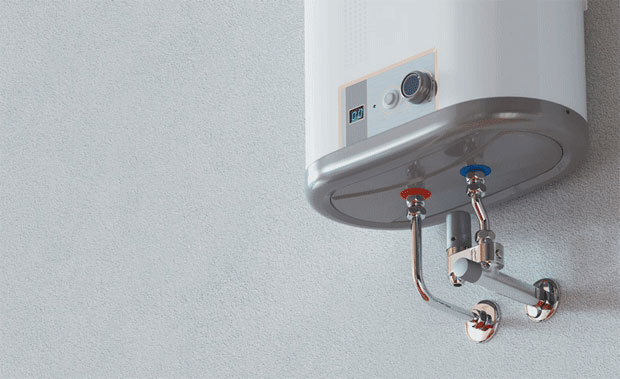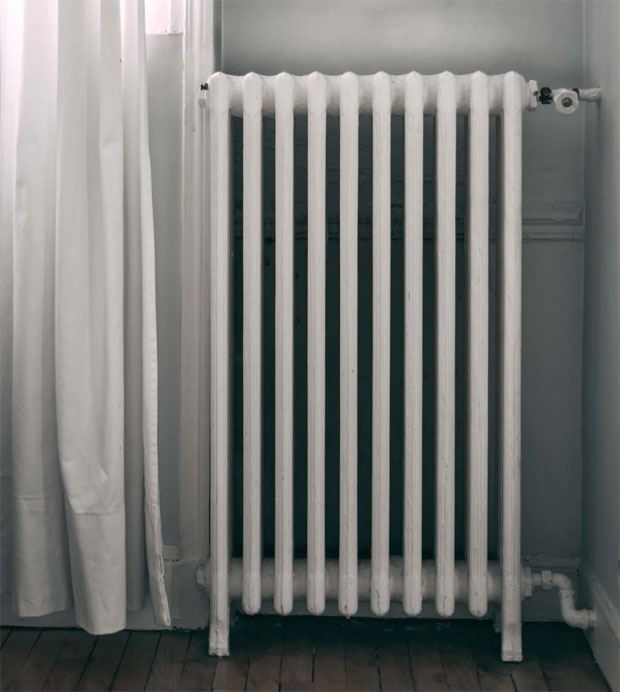What to Do If You Have Low Boiler Pressure
What to Do If You Have Low Boiler Pressure
A boiler is essential in nearly all modern homes providing both heating and hot water to the household. With your boiler constantly working to meet these goals it’s not a surprise that sometimes your boiler is going to need some servicing attention to ensure it can still do its job efficiently. An issue that most people will run into is low pressure in their boiler. Unlike most boiler problems low pressure can mainly be identified and fixed without the need for a pricey heating engineer.
The Risks of low boiler pressure
Luckily there is no real danger from low boiler pressure. The biggest risk is that your boiler becomes less efficient and effective meaning that not only will your boiler begin to struggle to heat your home but you will start to see a rise in your heating bills, which is why it’s important to find out if the problem is low boiler pressure and fix it to reduce those heating bills!
How to know if you have low boiler pressure
Most modern UK homes tend to use a combi boiler, which are often equipped with a pressure gauge. On most boilers there is a red and green zone marked onto this gauge.
When the needle in your pressure gauge is in the green zone this indicates the safe and standard operating pressure and if the needle is in the red zone this is the maximum safe pressure your boiler can operate at. If you find that the needle has fallen below the green zone, this is a sign that your boiler pressure is too low.
You can also tell your boiler pressure is low if you find that your radiators are failing to heat up as they normally do.
Why your boiler pressure is low
There are a couple of reasons why your boiler pressure could be low, the main two are a water leak in your heating system and an issue caused when you’ve been bleeding your radiator.
- Bleeding your radiator
If you’ve found that your radiators haven’t been heating correctly you may have decided to bleed them, which is the right thing to do in this case, however doing this may have caused the drop in boiler pressure from too much air escaping from your heating system. However, if you haven’t recently decided to bleed your radiators then it might be time to call a gas safe heating engineer to take a look at your heating system.
- Water Leak
Although it may sound tricky to find a leak in your heating system many times it isn’t that difficult at all. To begin with a visual inspection is always the best way to check. It’s best to start with a visual inspection. To begin with, look at all your radiators and all visible pipework, check for any signs of water leaking from these areas such as damp patches on your carpet or flooring and even stains in some cases. A common point to find leaks are where pipes connect to your radiators or where there are joints in your pipework.
When you’ve checked all your pipework if you still haven’t found your leak it’s best to contact a heating engineer.
How you can fix your low boiler pressure
If you’ve found that your boiler is suffering from low pressure then the best way to fix this problem is to re-pressure the system, which is a job that you can do yourself by following these steps below:
- To begin, turn your boiler off and make sure it is completely cooled down.
- Then you’ll need to attach your boilers filling loop. Each different brand of boilers require different methods at this stage. Most modern boilers have a keyless filling loop, which requires you to pull a switch to add more water to your central heating system. Others have a filling loop that resembles a hose, which is connected tightly to the two valves of your boiler. If you are unsure which filling loop your boiler uses make sure you check your boiler manual.
- You can then open the valves to allow cold water from the mains to fill the boiler.
- You then want to allow your boiler to fill up with water until your pressure gauge returns to the green zone.
- Finally give your boiler a reset and you’re all set to have a nice warm home with a working heating system again.
Other solutions
Following all these steps should mean that your boiler is now successfully running at the correct pressure, if this isn’t the case however there are another couple of potential solutions that you can try which you can find below.
- Heating Engineer
If you’ve tried to reset your boiler pressure and have failed it will be time to call out a gas safe registered heating engineer to take a look at your central heating system as a whole to check if there are any faults with your boiler itself.
- Replace your old boiler
If the boiler in your property is older than ten years, it could be the boiler itself and it might be time to switch out your old inefficient boiler for a more efficient new boiler model. Not only will this solve your pressure problem but many modern boiler brands such as Vaillant Boilers and Worcester Bosch Boilers have a much greater efficiency rating meaning you’ll save more money in the long run!
Guest Article. Contains a sponsored link.








